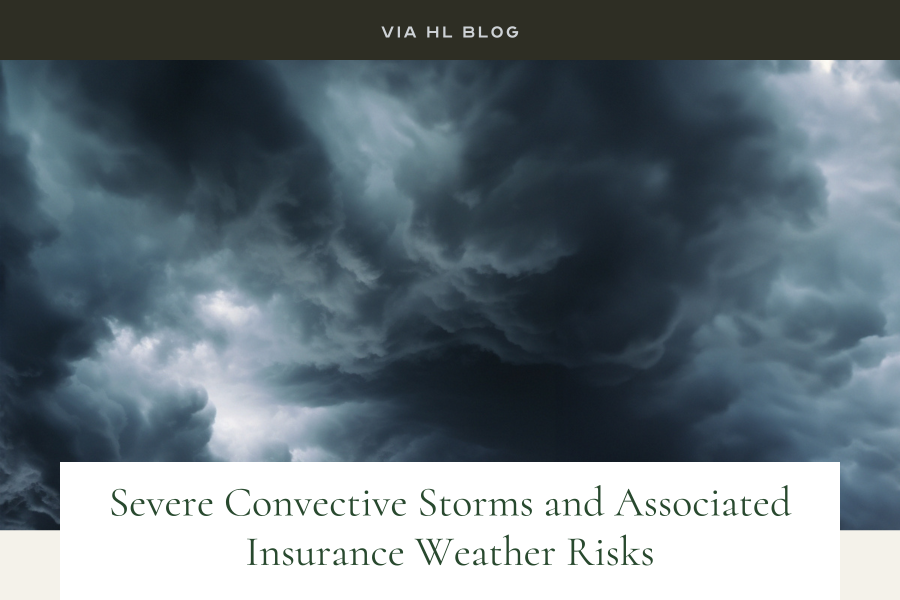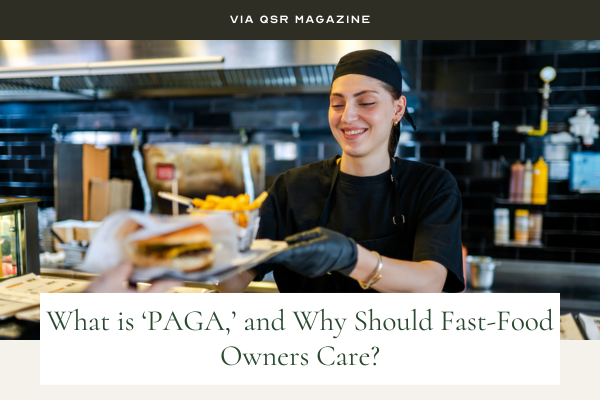 |
|
|
 |
|
|
|
Severe convective storms (SCSs) occur during all seasons in the United States. According to Aon, [1] severe convective storms have accounted for 70% of global insurance losses in recent years, and there continues to be a rise in such losses, largely due to growing exposure. In the US state of Texas alone, between January 1, 2012, and January 1, 2024, large hail originating from severe convective storms occurred an average of 197 days per year—more than in any other state. There was also an average of 49 days per year of at least one reported tornado, where Texas also stands as the leader, with 176 days on average of reported thunderstorm wind damage.
While Texas holds the record for average number of annual severe convective storms, it is also the largest state in the continental United States (excluding Alaska), and severe weather does not stop at state and national borders. |
| READ MORE |
|
 |
|
|
 |
|
|
|
|
 |
|
Follow Our Blog
Keep up with the latest and dive into all areas of hospitality and travel news through our blog which features new articles regularly. |
|
 |
|
Purchase Hospitality Law 5th Edition
Hospitality Law: Managing Legal Issues in the Hospitality Industry is a practical approach to hospitality law. To buy a copy, click here. |
|
|
|
|
|
|
How Hoteliers Can be the Most Prepared for Hurricane Season
September 18, 2024 via CoStar
A key tool for hoteliers should be developing strong vendor partnerships — both from restoration specialists and insurance companies — to have better priority coming out of storms, and that can also yield benefits in front-end preparedness, Conrey said. |
|
|
|
|
|
AI-Powered Video Surveillance: How It Can Benefit Your Business
September 11, 2024 via Global Guardian
Video surveillance has long been an indispensable tool for businesses of all sizes with people, property, and assets to protect. But as the volume of video data grows and the complexity of potential threats increases, traditional surveillance systems can struggle to keep up.
|
|
|
|
|
|
Strategies to Avoid Cyber Insurance Claim Challenges: Part II
via J.S. Held
You don’t know what you don’t know. Precision in language matters. Even the “ANDs” and “ORs” could significantly impact expectations and the claims process. It is incumbent on the policyholder to ask questions about definitions and qualifiers.
|
|
|
|
|
|
How AI can Revolutionize Hotel Safety
August 28, 2024 via Hotel Management
As technology evolves and security threats become more sophisticated, traditional hospitality security measures are no longer sufficient to protect guests, employees and assets. Integrating artificial intelligence into existing security systems can help mitigate these new risks.
|
|
|
|
| READ MORE |
 |
|
|
|
California’s Private Attorneys General Act (PAGA) allows certain employees to bring lawsuits against their employers—including restauranteurs—on behalf of the state. This can lead to hefty penalties against employers who may be violating California’s labor laws regarding nonexempt employee meal breaks, rest breaks, overtime pay, minimum wage pay, and inaccurate wage statements, among other issues.
The heavy abuse of PAGA in the court system, which has been detrimental to employers, led to a November 2024 legislative ballot initiative that would repeal PAGA in its entirety and replace it with a new law that would alter its structure. In response to this threat, Governor Gavin Newsom, legislative leaders, and multiple business and labor groups recently reached an agreement to reform PAGA in several important ways. Governor Newsom on July 1 signed the reform into law, which also withdrew the PAGA repeal request from the November ballot. |
| READ MORE |
 |
|
|
|
|
|
|
|
|
Copyright © 2024 HospitalityLawyer.com, All rights reserved.
You are receiving this email because you opted in at HospitalityLawyer.com®
Our mailing address is:
HospitalityLawyer.com®
2651 Kipling St, Apt 1809
Houston, Texas, 77098
The articles included in this newsletter are subject to HospitalityLawyer.com's Terms Of Use. |
|
|
|
|